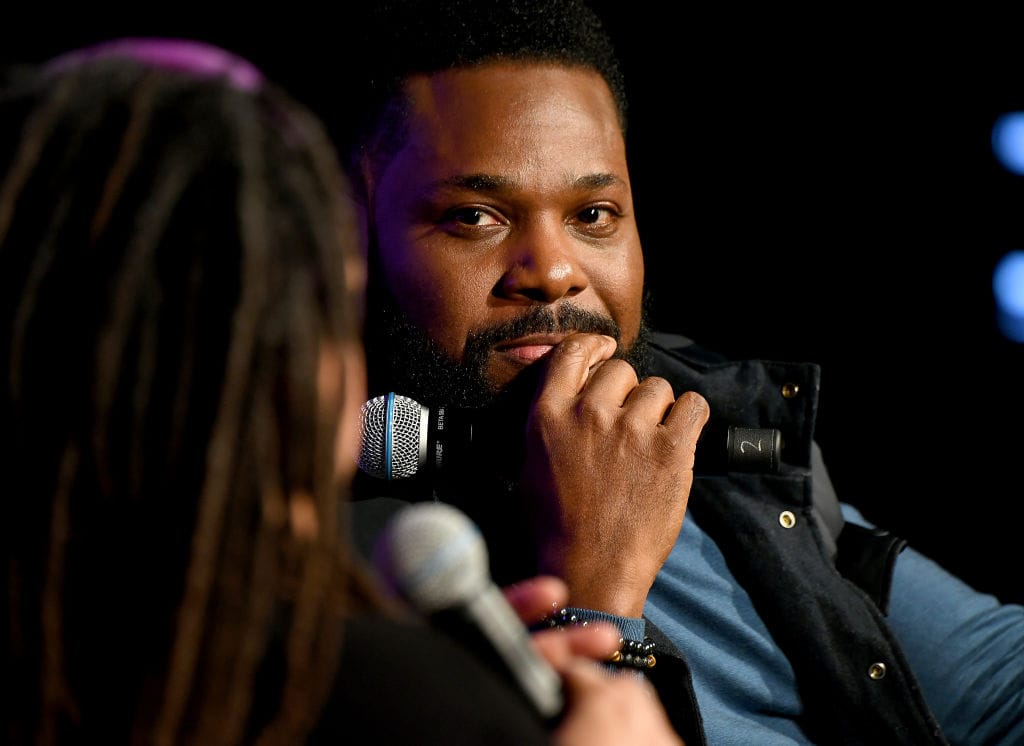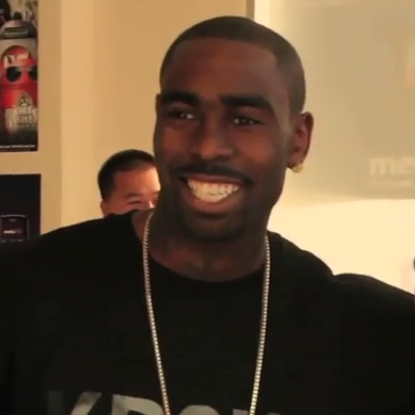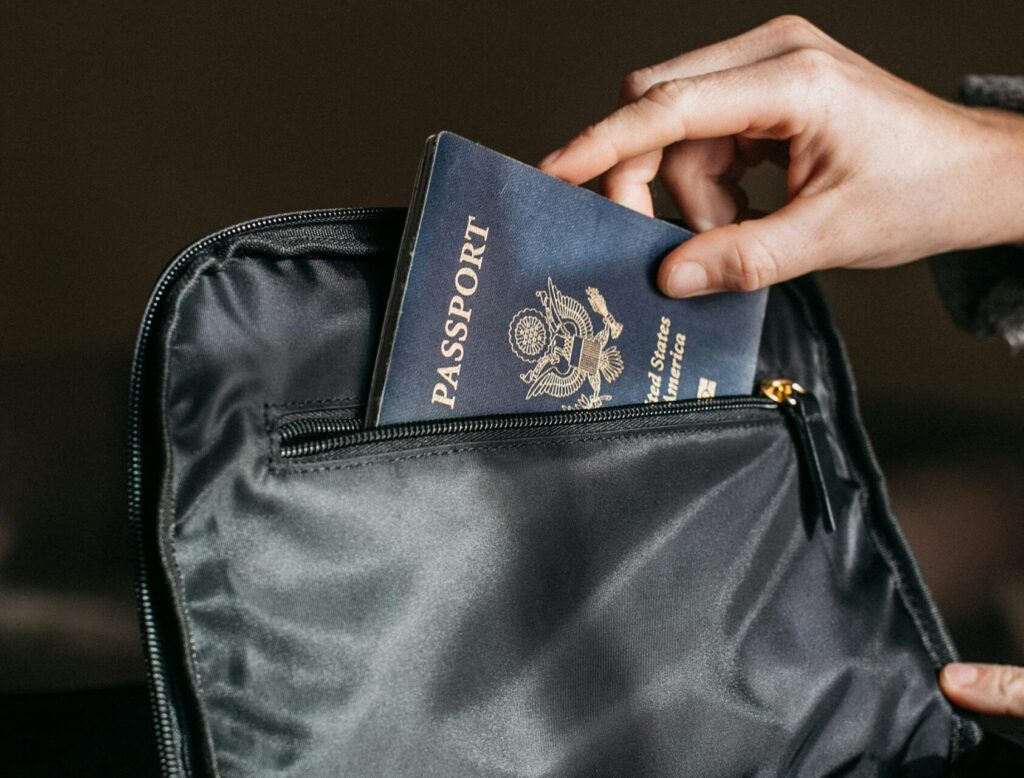Editor’s note: The following article is an op-ed, and the views expressed are the author’s own. Read more opinions on theGrio.
Monday was a very sad day in Black America. Sometime in the early afternoon of July 21, a great many of us were startled by the news that Malcolm-Jamal Warner had died. He was only 54 years old. As more news came out, we learned that he died in an accidental drowning incident while on a family vacation in Costa Rica, having been swept away by a current near the beach.
To say that the news rocked a segment of the Black population would be an understatement. While most of us probably didn’t know Malcolm personally, we did have a relationship with him because for most of us, he was Theo Huxtable, the only son of Heathcliff and Claire Huxtable on “The Cosby Show.” Of course, Malcolm isn’t Theo, something that was very clear if you’ve ever had the opportunity to speak to him for more than few minutes (which I did), but he was “Theo” and that role, part of the entirety of the Huxtable family legacy, is something I feel a lot of us Black middle class kids latched on to.
For nearly the entirety of the run of “The Cosby Show,” I was living in Frankfurt, Germany, where we had one television station—AFN— and I honestly don’t remember if the show aired on the network. I would have been 5 when the show debuted in 1984 and 12 when its run ended in 1992. I have seen a great many episodes of the show, as have most people I know, though I am sure I’ve never seen all 201 episodes. And yet, The Huxtables might as well have been part of my own family.
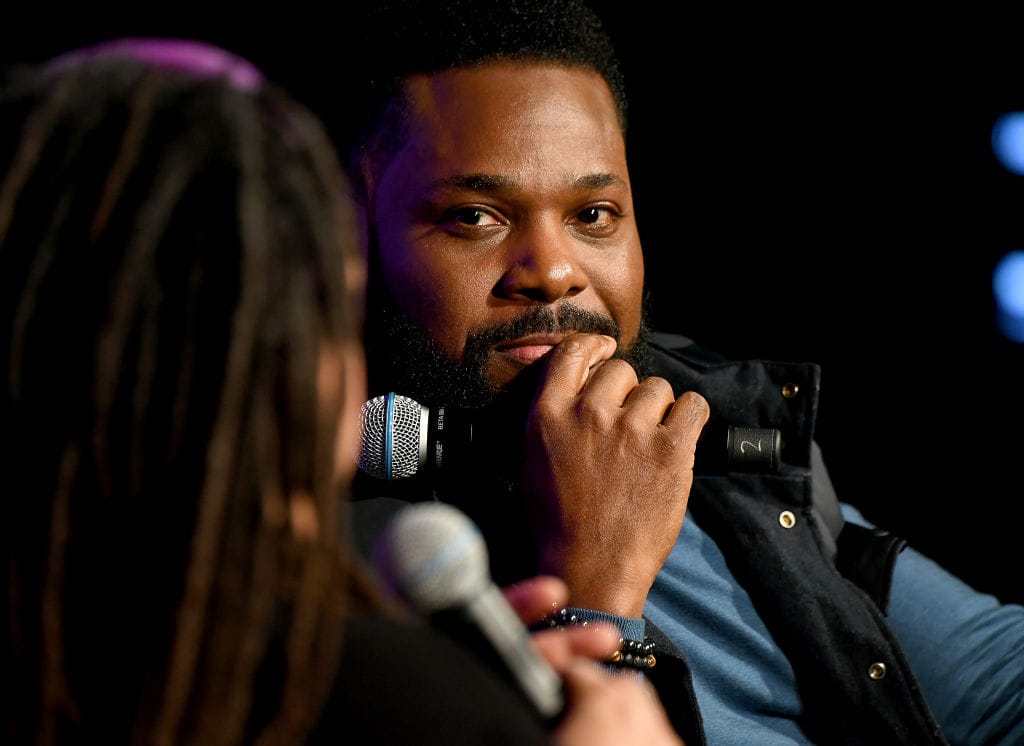
When the legal troubles for Bill Cosby started, it felt like the legacy of the show was about to take a hit, and arguably it did. Over time though, the legacy of the show feels like it’s been allowed to stand on its own but that might have been more by force and resistance to losing one of the most enduring images and symbols of positive Black life on television we’ve ever seen. We looked at the members of the family as relatable cousins who, for a lot of us, experienced versions of situations that felt familiar.
I definitely didn’t grow up rich with a lawyer mother and doctor father, but I did have my mother and father and siblings, and the shenanigans between Sandra, Denise, Theo, Vanessa, and Rudy felt familiar. The relationships between them and their parents looked similar to what I saw in my own home on occasion. The family was so ubiquitous that anybody who came of age in the 80s and 90s knows exactly who each member of that family is, down to even Elvin, Olivia, and even Dabnis Brickey. Again, we KNOW them.
My freshman year at Morehouse College was exciting enough on its own—I was leaving home to be independent and setting a course for my life—but the big news was that Keshia Knight Pulliam was also entering Spelman College as a freshman at the same time. I still VIVIDLY remember the first time I laid eyes on her, in the flesh, in the Kilgore Campus Center, and everybody around me trying to merely see her. It was really Rudy Huxtable (though we’d find out she truly didn’t enjoy being referred to as such). We even had a class together and though by that point (my senior year) the novelty had worn off, there was still something crazy about having Keshia in a class with me. I told my parents like it was news…again, this was one of the Huxtables. They meant something to us as an example, as an idea, as a symbol. Of what exactly? I’m not sure but that was almost beside the point.
The life portrayed by Theo was one that just became part of the conversation of young Black males I was around for, hell, the entirety of my life. I have shirts that lay claim to the Gordon Gartrelle name. Theo, as model, has been used in courses I’ve taken about Black symbols, etc. While we all know that Theo was a character played by Malcolm-Jamal Warner, it was such a significant one that each and every other time I saw Malcolm, I just viewed him as a grown-up version of Theo. Perhaps that’s reductive to his artistic legacy and his personhood, but sometimes examples can be too effective at relaying messages. I think that’s been the impact for all of the folks who played central roles on “The Cosby Show.” When I found out Malcolm died, I felt like part of the world I knew as a kid, part of the world that shaped me and helped me towards the version of myself that I know, now was gone. It’s ridiculous to my logical self, but emotionally, it feels like a person I knew had passed. I wasn’t even entirely sure what to do with those emotions short of tell everybody else that I knew would feel similarly. Even if it doesn’t make total sense logically, it just makes sense.
Black America lost a family member who grew up with a lot of us and navigated the same insecurities and growing pains that we did, and for many people, at the same time. Having grown up as a military brat overseas, I didn’t have the same viewing experience of sitting down on Thursday evenings to watch the latest escapades of the Huxtables, but even getting them all later on reruns in syndication let me know that there was a version of my family dynamics out there that informed some of my own thoughts.
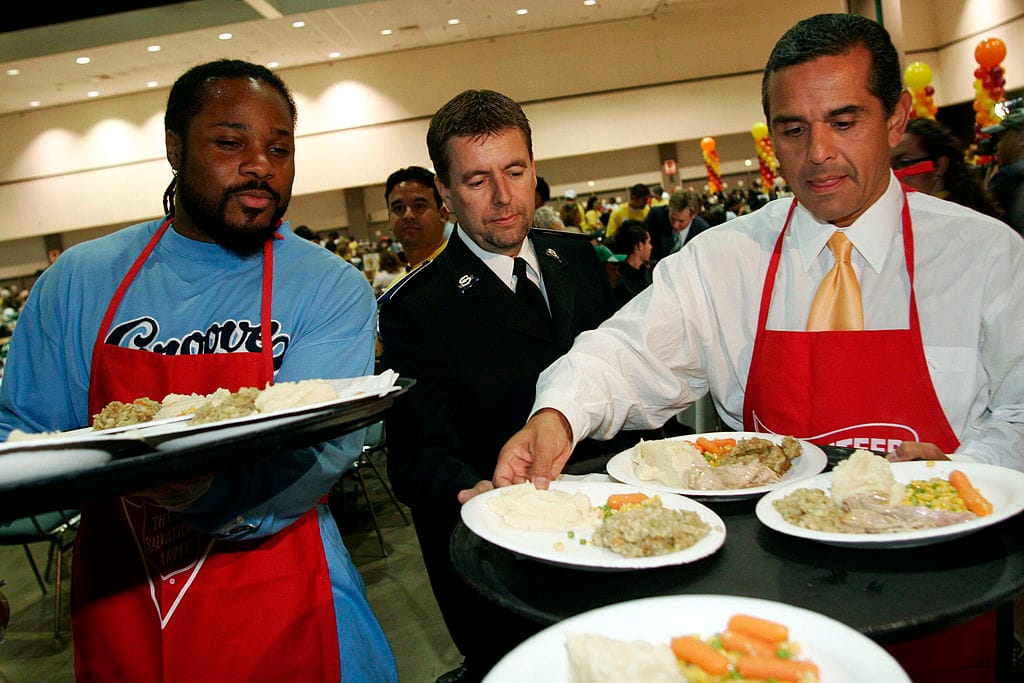
Upon the news of his passing, I expected what happened: tons of tributes from famous people who entered his orbit in various fashion, sharing how much of a genuine human he was and how impactful he was for so many people he encountered—something I expected, to my knowledge, Malcolm’s name never showed up in any sort of drama that I can remember—both as a person and for what he was on “The Cosby Show.” It’s hard to outlive arguably one of the most substantial depictions of Black life in history, even when people know you. The few conversations I’ve had with him, which again were very much had with Malcolm, not Theo, I would say to myself after, “man, Malcolm and Theo were VERY different humans.” I could appreciate that; there’s something about Malcolm (and hopefully all the rest of the Huxtables) finding that agency in their personhood separate from the show. Malcolm did a lot with his career in television, film, music, and eventually podcasting. He made a mark.
It’s not lost on me that he passed away at 54 and how crazy that sounds. I’m 46. I will be 54 in 8 years. At that point, I will have one child out of the house and another on the way to college. I’ll still have two kids at home, a dog, hopefully a career, and just be living life. I will be going on family vacations, living life as he was. As he did. 54 is young to me now, especially as I inch closer and closer to my own date with mortality. But he was on vacation. With his family. It’s just not supposed to happen that way.
I think that’s also part of what had the group chats all shocked: people who feel like family, dying in the most tragic of circumstances, while doing family things, feels wrong and like a jolt to the system. It makes it feel like it can happen to anybody, and that reminder is cruel. Same with Kobe Bryant. Although he died in a helicopter accident, he was (along with other families) heading to basketball practice. These people were doing everyday things that all of us do—they were living life.
Malcolm-Jamal Warner impacted us. That much is for sure and the reaction to his passing tells the true tale of that impact. Sure, we know him as Theo, but Malcolm endured as well. He made his mark in ways that most people can hope to do. His passing and the reaction highlighted that. We all cared and that’s the mark most humans hope to reach…a life that mattered enough to impact people he never even knew. A day after the news, and two days after his passing, he’s still the conversation amongst my peers, all who grew up with him as part of the family. We are not the same today as we were yesterday, and we are not okay.
That is a legacy.
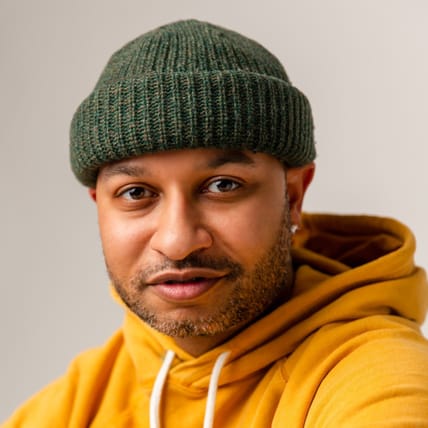
Panama Jackson is a columnist at theGrio and host of the award-winning podcast, “Dear Culture” on theGrio Black Podcast Network. He writes very Black things, drinks very brown liquors, and is pretty fly for a light guy. His biggest accomplishment to date coincides with his Blackest accomplishment to date in that he received a phone call from Oprah Winfrey after she read one of his pieces (biggest) but he didn’t answer the phone because the caller ID said “Unknown” (Blackest).


